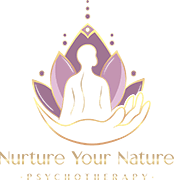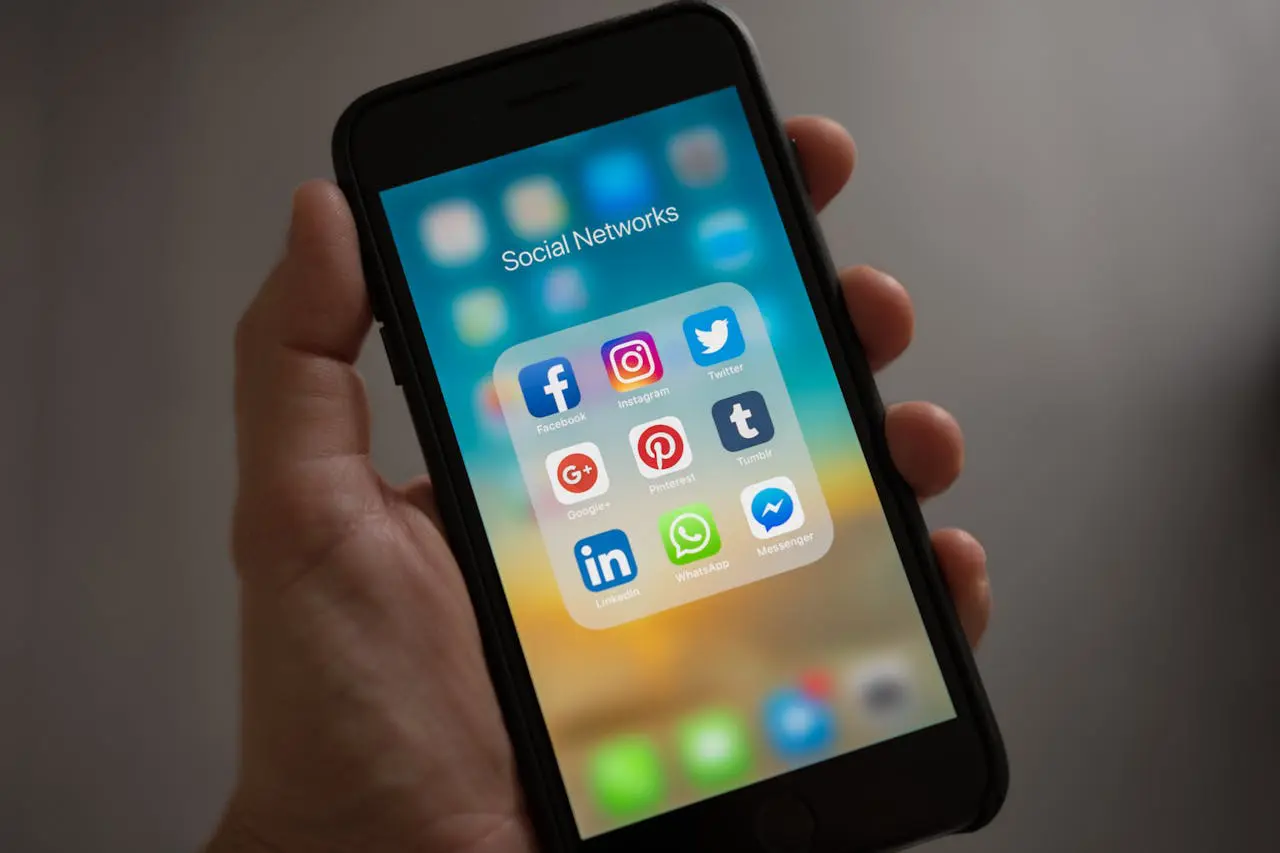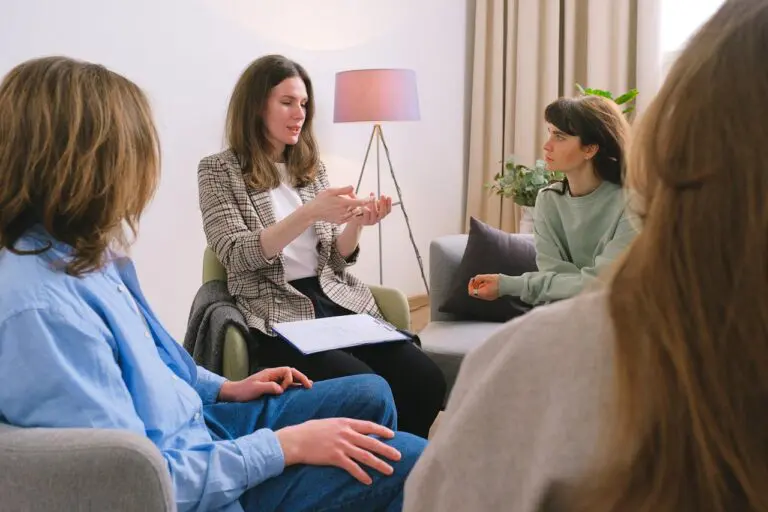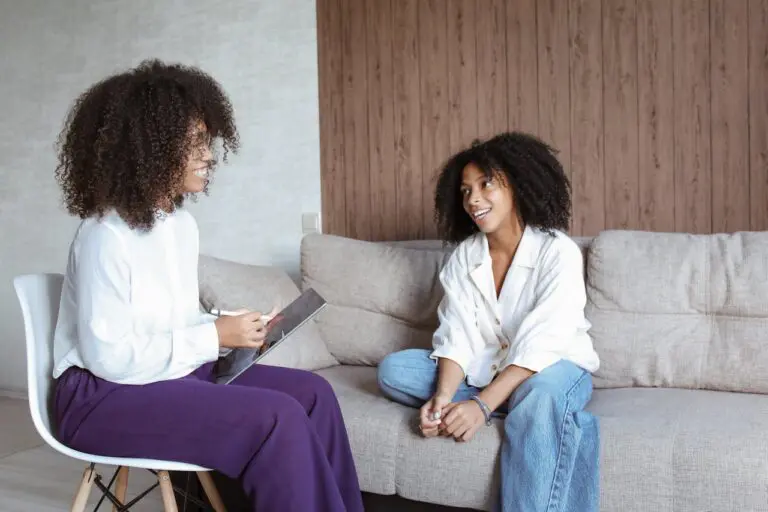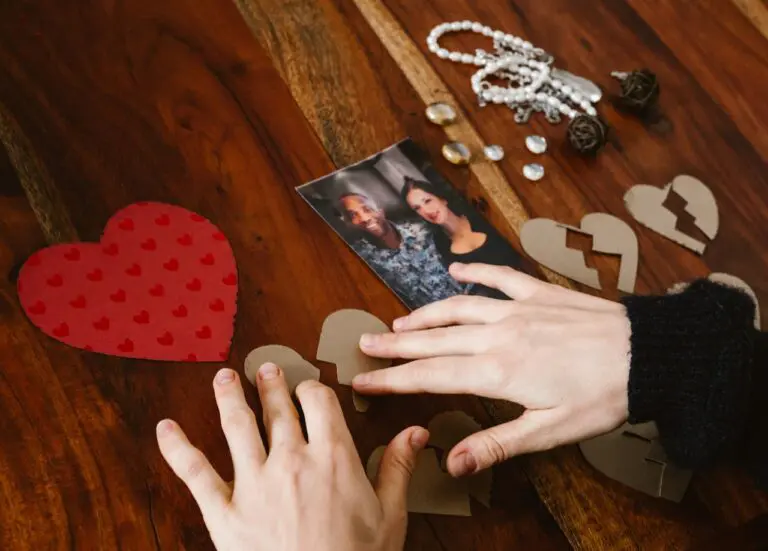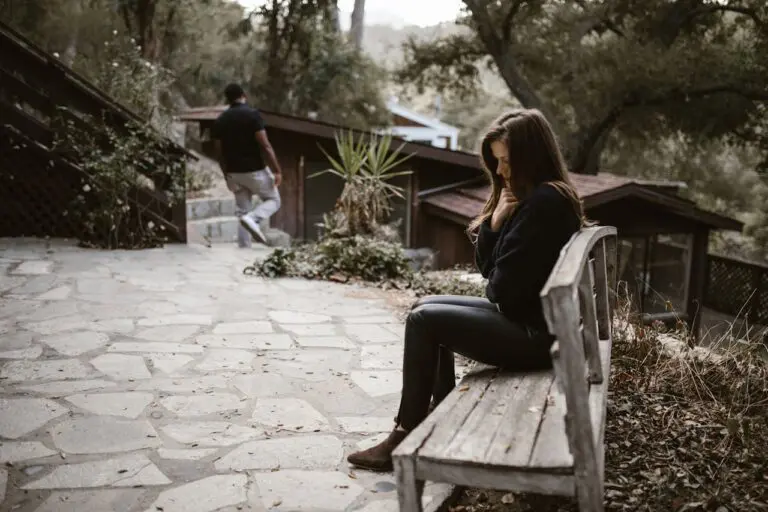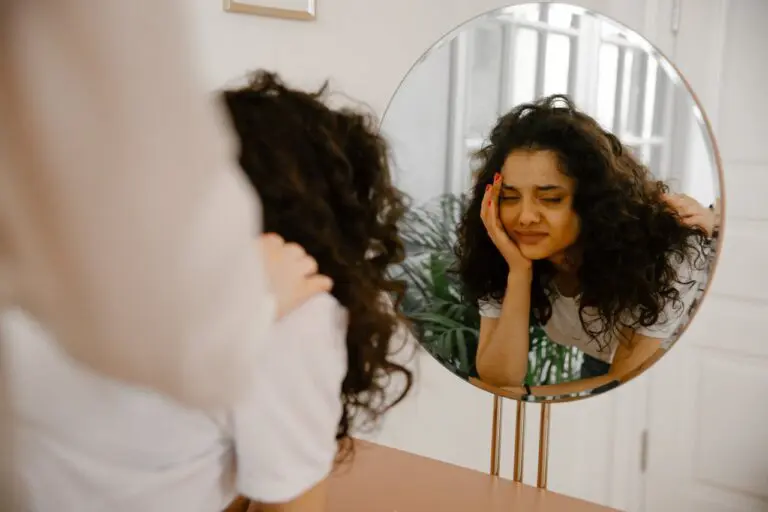Introduction: The Lure of Instant Advice
Scroll through Instagram, TikTok, or X on any given evening in Brooklyn and you’ll find a flood of mental-health “tips,” bite-sized self-diagnosis checklists, and influencers dispensing life advice in sixty-second clips. These posts rack up millions of likes precisely because they feel accessible: no appointment, no cost, no vulnerability required beyond double-tapping. Yet an emoji reaction or a comment thread—no matter how affirming—cannot match the clinical training, ethical rigor, and personalized care a licensed Brooklyn therapist provides.
At Nurture Your Nature Psychotherapy, we celebrate the democratization of mental-health conversations, but we also see daily the gaps—and sometimes the harm—that social media advice leaves behind.
The Knowledge Gap: Credentials vs. Clicks
A quick bio line—“mental-health advocate” or “trauma survivor”—often stands in for formal qualifications online. Content creators may be well-meaning, but without accredited graduate training, supervised clinical hours, and licensure exams, they lack the rigorous foundation essential for safe psychological guidance. A licensed clinician in New York must complete:
-
A master’s or doctoral degree in clinical psychology, counseling, or social work
-
3,000+ supervised hours of direct client contact
-
National and state licensing exams covering ethics, diagnostics, and intervention
By contrast, virality on social media is driven by shareability, not accuracy. An influencer’s reach has no relation to clinical competence. When Brooklyn residents search for Brooklyn Psychotherapy on Google, the algorithms emphasize licensure; social platforms do not.
Algorithmic Echo Chambers and Confirmation Bias
Therapy thrives on nuanced exploration, often challenging assumptions that maintain distress. Social media algorithms, however, reinforce what you already “like,” curating content that mirrors existing beliefs. This echo chamber can entrench unhelpful thinking patterns:
-
Self-diagnosis loops: Constant exposure to ADHD- or anxiety-related memes can convince users they have a condition without proper assessment.
-
Unrealistic recovery timelines: Highlight reels showcase instant “transformations,” ignoring the months or years of consistent work real therapy requires.
-
Selective disclosure: Influencers rarely post setbacks, leading viewers to believe they are failing if they still struggle.
A real Brooklyn therapist intentionally disrupts cognitive distortions, offering evidence-based strategies tailored to your history—not an algorithm’s assumptions.
One‐Size-Fits-All Advice vs. Individualized Formulation
A trending #MentalHealthMonday post may advise “Take a walk in nature to cure your blues.” While movement and outdoor exposure can lift mood, such surface tips crumble under complex realities: trauma histories, comorbid diagnoses, cultural contexts, and socioeconomic barriers. In session, Nurture Your Nature Psychotherapy clinicians develop a rich case formulation—mapping biological, psychological, and social factors—to design interventions unique to you.
Consider two Brooklyn clients experiencing panic attacks:
-
Client A grew up in a high-conflict household and learned hyper-vigilance; therapy might emphasize trauma-focused cognitive restructuring.
-
Client B has a cardiac arrhythmia that heightens body sensations; therapy may combine interoceptive exposure with medical coordination.
TikTok cannot parse those distinctions. Individualized care is not a luxury; it’s the bedrock of effective treatment.
The Therapeutic Alliance: A Human Relationship
Decades of psychotherapy outcome research identify the therapeutic alliance—mutual trust, collaboration, and empathic attunement—as the strongest predictor of positive change. This alliance cannot develop through one-way parasocial relationships with content creators. The interpersonal nuance of Brooklyn Therapy involves:
-
Bidirectional feedback: Real-time adjustment based on verbal and non-verbal cues
-
Secure containment: A confidential space where vulnerabilities are honored, not broadcast
-
Rupture and repair: Addressing misunderstandings strengthens resilience—a process impossible when interaction is limited to Likes
At Nurture Your Nature Psychotherapy, whether in-person or via Online Therapy Brooklyn, our clinicians foster a relationship that algorithms cannot replicate.
Ethical Safeguards and Confidentiality
Licensed clinicians operate under legal and ethical guidelines such as HIPAA, the NASW Code of Ethics, and state law. These frameworks mandate:
-
Informed consent
-
Duty to warn and protect
-
Regular supervision and continuing education
Influencer content is not bound by such rules. Personal stories shared publicly may inadvertently breach privacy or normalize boundary violations. Worse, vulnerable viewers might disclose sensitive details in comment sections where anonymity is illusory.
Brooklyn residents deserve therapeutic environments where confidentiality is more than a privacy setting—it’s legally enforceable.
Evidence-Based Modalities vs. Anecdotal Techniques
While social media introduces buzzwords—“manifestation,” “shadow work,” or “attachment styles”—therapists ground interventions in peer-reviewed research. Modalities such as Cognitive Behavioral Therapy (CBT), Eye Movement Desensitization and Reprocessing (EMDR), or Dialectical Behavior Therapy (DBT) carry robust evidence for specific disorders. At Nurture Your Nature Psychotherapy we:
-
Assess fit: Match modality to presenting concerns
-
Measure outcomes: Use validated scales to track progress
-
Adjust: Pivot interventions when data indicate plateau
Conversely, an influencer’s “five steps to end anxiety” lacks outcome measurement, peer review, and adaptation for cultural identity—critical elements for Brooklyn’s diverse population.
Crisis Management: Safety Nets vs. Scrolls
When suicidal thoughts arise at midnight, Instagram stories can’t perform a safety assessment or coordinate hospitalization. Therapists create crisis plans, provide after-hours resources, and collaborate with psychiatrists or emergency contacts. Some offer 24/7 on-call services. Social media platforms may flag certain phrases, but automated warnings cannot replace human evaluation.
The Myth of Cost-Free Support
Many people turn to platforms because therapy seems expensive. Although session fees in NYC can be steep, options exist:
-
Sliding-scale rates at clinics like ours
-
Insurance reimbursement
-
Lower-cost group therapy
-
Telehealth flexibility, reducing travel costs
Moreover, unaddressed mental-health issues often carry hidden expenses—missed work, medical bills, strained relationships—that dwarf therapy fees over time. Investing in qualified Brooklyn Psychotherapy now can mitigate greater financial and emotional costs later.
Online Therapy Brooklyn: Tech-Enabled Professionalism
It’s tempting to lump Zoom therapy with social media, but telehealth is regulated health care. Our Online Therapy Brooklyn platform utilizes HIPAA-compliant video, encrypted messaging, and secure electronic records. Unlike comments or DMs, your information is protected with:
-
End-to-end encryption
-
Consent forms and notice of privacy practices
-
Structured appointment scheduling rather than ad-hoc messaging
Remote sessions extend access to clients juggling work, parenting, or mobility constraints while maintaining professional standards absent from social media advice.
Cultural Competence: Beyond Viral Trends
Brooklyn’s tapestry includes Caribbean, Latinx, Hasidic, African, East Asian, and LGBTQ+ communities, each with unique mental-health intersections. Trends like “Quiet Quitting” or “Girl Dinner” may not resonate across cultures—and can even alienate. Culturally informed therapists adapt language, metaphors, and interventions accordingly.
At Nurture Your Nature Psychotherapy, our clinicians engage in cultural-humility training and seek consultation to stay responsive to Brooklyn’s evolving demographics. An algorithm’s generalized feed cannot match this intentional, relational approach.
The Drawbacks of Parasocial Validation
Feeling “seen” by an influencer’s vulnerability can be a relief, but it offers only semblances of intimacy. Parasocial interactions lack the mutuality of therapeutic rapport and can foster unhealthy comparisons:
-
“Their anxiety recovery was faster—something must be wrong with me.”
-
“If this creator healed without medication, I should too.”
Such interpretations fuel shame and treatment avoidance. A licensed Brooklyn Therapist normalizes varied recovery trajectories and collaboratively explores medication, lifestyle, and psychotherapy options—eschewing one-dimensional success narratives.
Information Overload and Cognitive Fatigue
Endless scrolling delivers fragmented tips—journaling in one reel, box breathing in the next—without coherent sequencing. Therapeutic frameworks deliberately scaffold skills: CBT introduces thought records before cognitive restructuring; DBT teaches mindfulness prior to distress-tolerance. Scattershot advice can overwhelm, leading to abandonment of all strategies.
Therapists pace interventions, monitor fatigue, and reinforce mastery before advancing. They also integrate homework—thoughtfully assigned and reviewed—not just “try this trend” posts that vanish in 24 hours.
Liability and Accountability
If an influencer’s recommendation exacerbates symptoms—say, urging exposure exercises without guidance—the creator faces minimal consequences. Therapists, conversely, hold malpractice insurance and can be sanctioned by licensing boards. This accountability incentivizes continuous professional development and cautious intervention, ultimately safeguarding clients.
The Role of Community and Support Groups
To be clear, social media can cultivate communities—especially for marginalized identities—that foster connection, reduce stigma, and share resources. Many of our clients discover Nurture Your Nature Psychotherapy after joining ADHD or BIPOC mental-health forums. The key is supplementation, not substitution. Support groups complement individual therapy, and clinicians may even recommend moderated online spaces as adjuncts—not replacements—for care.
How to Discern Reliable Online Content
Until regulation catches up, consumers must vet digital advice. We suggest evaluating:
| Criterion | Questions to Ask |
|---|---|
| Credentials | Is the creator a licensed clinician? Do they list degrees and license numbers? |
| Transparency | Do they cite evidence-based sources or research? |
| Boundaries | Are they providing general education or case-specific treatment? |
| Call to Action | Do they encourage seeing a professional for persistent symptoms? |
If uncertainty arises, schedule a consultation with a qualified Brooklyn Therapist who can fact-check and contextualize the guidance.
When to Seek Professional Help
Indicators that it’s time to move from scrolling to scheduling:
-
Persistent distress lasting more than two weeks despite self-help efforts
-
Functional impairment—difficulty at work, school, or relationships
-
High-risk behaviors such as substance misuse or self-harm ideation
-
Diagnostic uncertainty—wondering whether you have depression, OCD, or PTSD
-
Trauma processing beyond the scope of generic coping tips
With Online Therapy Brooklyn, you can access professional help without leaving your apartment—no subway delays, no waiting room anxiety.
What to Expect in Your First Session with Nurture Your Nature Psychotherapy
Many clients worry their therapist will “just tell me what I already know.” In reality, initial sessions involve:
-
Comprehensive intake exploring history, strengths, and goals
-
Collaborative goal-setting aligning treatment plans with your values
-
Psychoeducation to demystify diagnoses and interventions
-
Skill introduction—practical tools to alleviate acute distress
Unlike passive content consumption, therapy demands active participation and offers accountable progress tracking.
Building a Hybrid Support Ecosystem
We encourage clients to curate a healthy digital diet:
-
Follow licensed clinicians who post psychoeducation (and disclaimers)
-
Set time limits to prevent doom-scrolling
-
Balance consumption with creation—journaling or art therapy exercises offline
-
Regular therapy check-ins to integrate online insights responsibly
By blending informed digital resources with professional Brooklyn Therapy, individuals cultivate resilience and agency, transcending the passive spectator role.
Choose Depth Over Scrolls
Social media can ignite conversations, reduce stigma, and point you toward resources—but depth, personalization, and accountability live inside the therapeutic room, whether physical or virtual. If you’re ready to move from curated sound bites to transformative change, Nurture Your Nature Psychotherapy offers both in-person Brooklyn Psychotherapy and secure Online Therapy Brooklyn. Our licensed clinicians bring compassionate expertise grounded in evidence, ethics, and cultural humility—elements algorithms simply cannot code.
Ready to take the first step? Reach out today and Schedule your Appointment Online Now or Call Us at (646) 470-4174 to get started Today!
